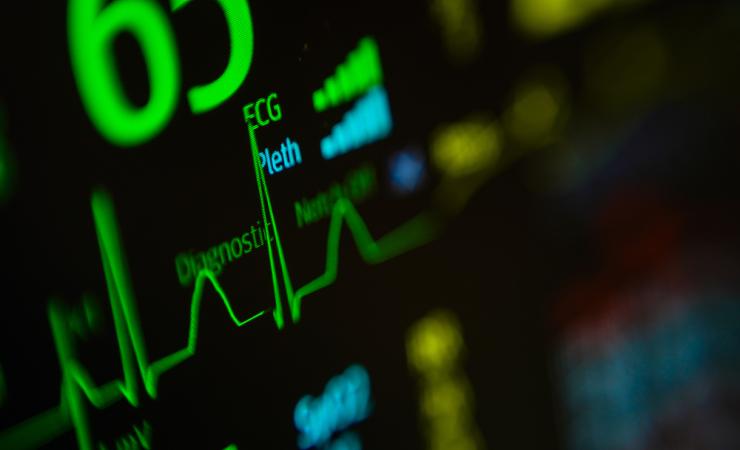Cardiovascular diseases (CVD) affect millions of people in Europe, and numbers are rising due to lifestyle factors and the ageing population. Today, there is a lot of variation in the way CVD is diagnosed and treated, and this means that many patients may not be getting optimal care.
The goal: to transform the care of people with cardiovascular diseases in Europe
The aim of new IHI project EuroHeartPath is to transform the care of people with cardiovascular diseases in Europe. They will do this by improving the entire care pathway, from early detection and diagnosis to monitoring, treatment and prevention, and by integrating cutting-edge innovations and solutions. They will focus their efforts on four diseases: heart failure, atrial fibrillation, ventricular fibrillation, and coronary disease.
As a first step, they will map and analyse in detail the care pathways, practices and use of technologies and innovations in 45 hospitals in 15 European countries.
‘Pathfinder’ studies to optimise the integration of innovations into care
The team will then run in parallel 18 ‘pathfinder’ studies to assess and optimise the integration of different innovations in the care pathway. The pathfinder studies fall into four broad categories. The first explores the use of artificial intelligence (AI) and machine learning applications, such as using AI to analyse ECGs (electrocardiograms), or predict certain conditions. Another category looks at integrating digital tools into care pathways; these could facilitate the continuous monitoring of patients, improve adherence to treatments, and allow for timely interventions if needed.
Today, patients are often diagnosed in hospitals; the third category focuses on integrating point-of-care testing into primary care and ambulances. Finally, the fourth category assesses the use of technology and robotics into care pathways, for example for carrying out echocardiography.
A unique chance to fundamentally redesign cardiovascular care
“EuroHeartPath represents a unique chance to not only analyse cardiovascular care across Europe but fundamentally redesign it,” said project coordinator Pim van der Harst of UMC Utrecht. “This project leverages data, technology, and international collaboration to create a dynamic, learning healthcare system that can significantly enhance care quality, patient outcomes, and overall health system resilience."
The project brings together a wide range of stakeholders, including patients, cardiologists and family doctors. Their involvement will ensure that the outputs of the project meet everybody’s needs.
Ultimately, by identifying and demonstrating best practice for integrating innovations into care pathways, EuroHeartPath will trigger a paradigm shift in the management of CVDs, with benefits for patients, health systems and society alike.
A strategic public-private partnership
"Philips is honoured to co-lead the EuroHeartPath consortium alongside UMC Utrecht, driving innovation in cardiovascular care through collaborative research and clinical excellence,” said Delphine Germain of Philips, the industry lead of the project. “This perfectly aligns with Philips’ commitment to improving people’s health through meaningful innovation and our belief that innovation accelerates through partnership. Bringing together 35 partners, this strategic public-private partnership provides an exceptional environment for the development of AI-powered diagnostic and personalised care solutions – laying the groundwork for more efficient, connected, and forward-looking approaches across the entire cardiac patient journey and a broad spectrum of cardiac conditions.”
